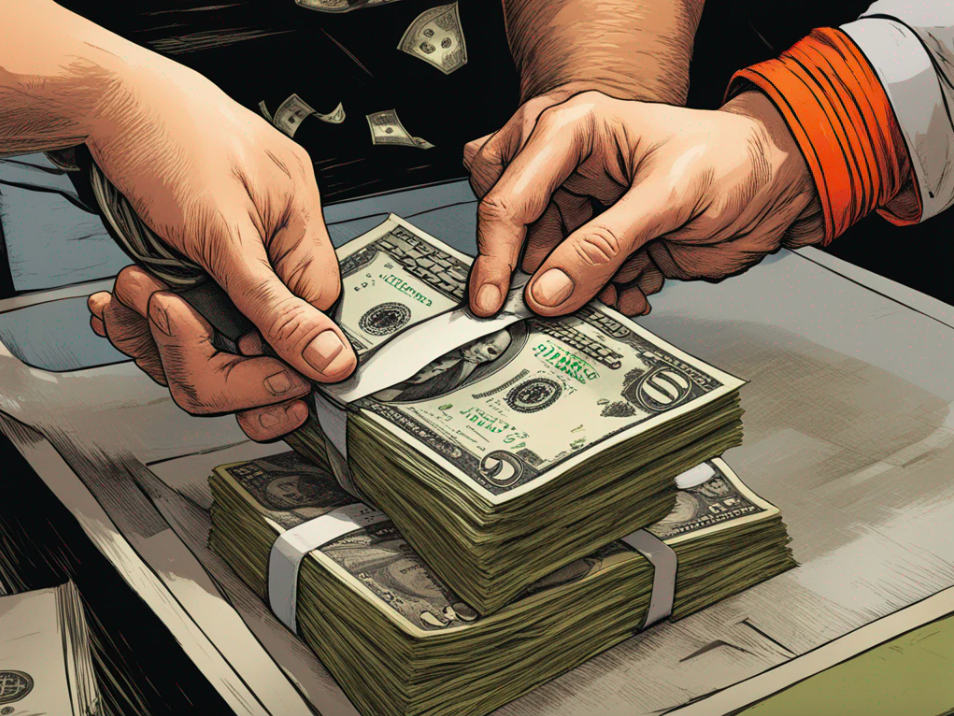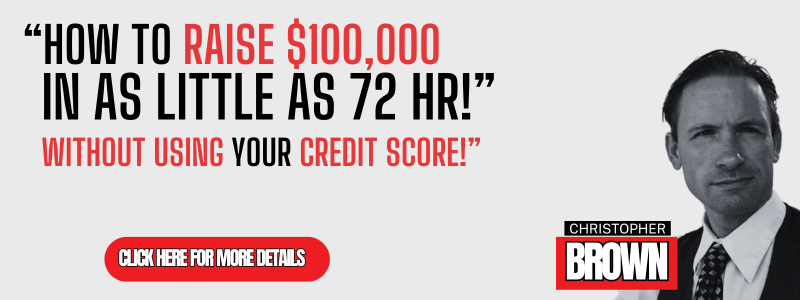Los Angeles Hiking

Los Angeles is blessed with sunny weather nearly year-round and a geographical location that allows you to hit some of the best beaches and mountains in the state in the same day. So yes, there’s plenty of things to do outside here, but there’s one thing that tops many Angelenos’ lists: hiking. So next time you’re looking for a beautiful view of the city, don’t head to a rooftop bar; instead, lace up your hiking boots and head out onto the trail. Whether you’re more cityscape gawker or ocean gazer, we’ve got the trek for you in this list of the best hikes in L.A.—with views.

Last week a number of my new friends took advantage of what Los Angles hiking has to offer.
The hike was really beautiful. Many times we hiked right on the beach with a beautiful ocean view.
I ran the LA Marathon on March 18, in which I ran 5-8 miles per day in preparation however, this day we hiked about 4 1/2 miles.
(adsbygoogle = window.adsbygoogle || []).push({});

Amazing view.
We can into a amazing cavern.
(adsbygoogle = window.adsbygoogle || []).push({});
As I was talking with one of my friends. I ran into these seals.
The seals allowed us to get pretty close.
We got hungry. So it was time to eat some snacks.
Here one of my friends keeping an eyes out for dolphins in the ocean. We saw dolphin jumping in the ocean.
Where are all the dolphins?
Resources



















































